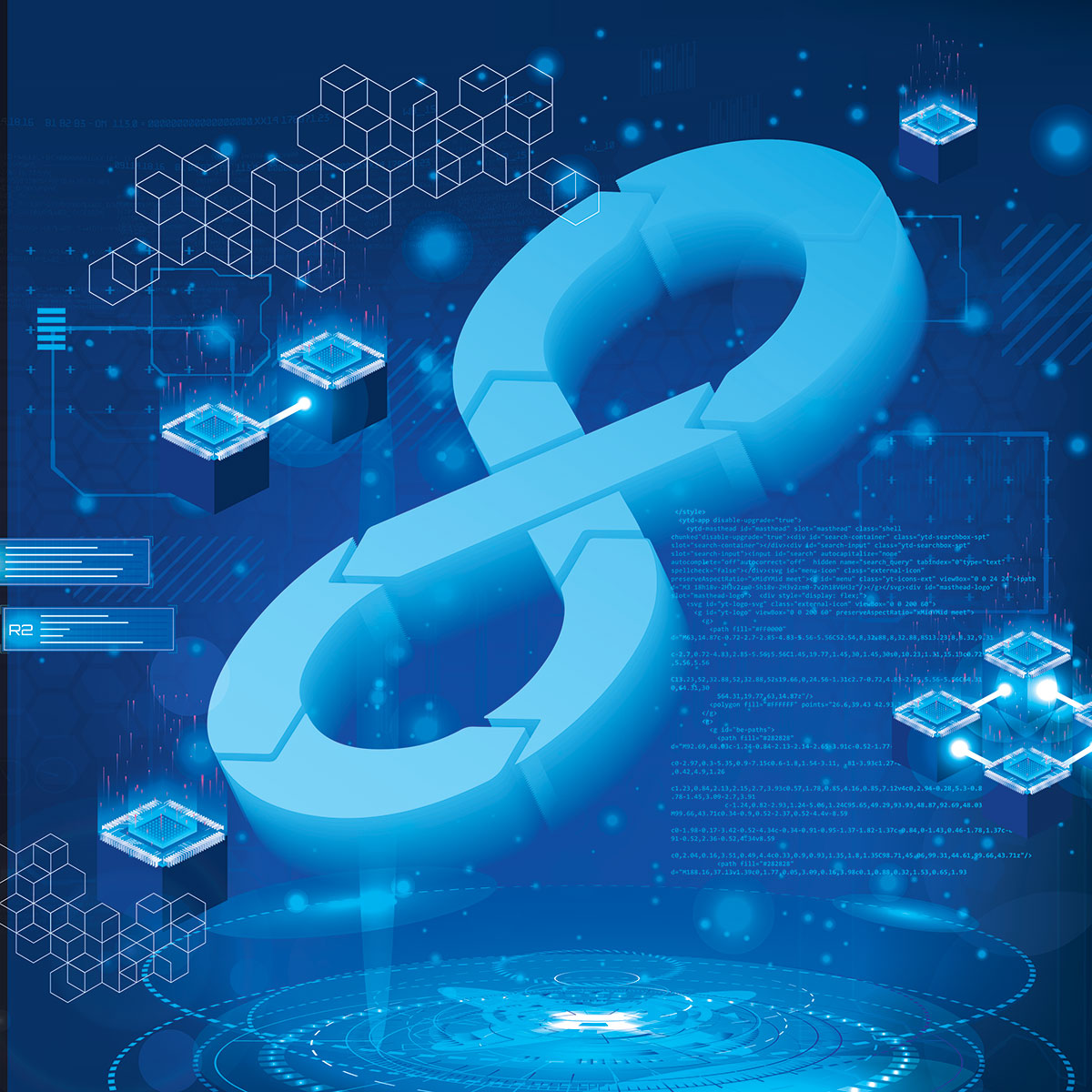Scalable CI and Binary Generation with GitLab, Spack, and AWS

In scientific computing, managing continuous integration (CI) pipelines and binary generation can become challenging, especially when handling complex dependencies and large software builds. At Kitware, we’ve integrated powerful tools like GitLab, Spack, and AWS to streamline these processes, enabling scalable and efficient software development.
Here are some useful tips on leveraging these tools to optimize your CI and binary generation workflows:
Simplify Dependency Management with Spack
Spack is designed to handle complex software dependencies, which is often a significant challenge in scientific computing. By using a simple, declarative syntax, Spack can build software packages with multiple configurations, ensuring that dependencies are correctly installed and managed. This flexibility helps avoid conflicts and ensures consistent builds across different environments.
Efficiently Test Packages with GitLab CI
Automating the testing of packages can save time and reduce errors, but testing large sets of packages without unnecessary rebuilds is essential. One effective strategy is to use GitLab CI’s dynamic child pipeline feature. This feature allows you to dynamically create and manage CI jobs, ensuring that builds are only triggered when necessary. Writing pipelines that can adapt based on dependencies can help optimize resource usage and speed up the CI process.
Achieve Auto-Scaling with Karpenter on AWS
Scaling CI infrastructure can be costly if not managed properly. Karpenter, a tool from AWS, allows you to set up auto-scaling CI runners that provision additional compute resources based on demand. This means your CI pipelines can handle spikes in activity without having to maintain a large, always-on infrastructure. It’s an efficient way to balance performance and cost, ensuring that your build farm only uses the resources it needs at any given time.
Utilize Spack’s Binary Cache for Faster Builds
One of the key benefits of using Spack is its binary caching capability. By storing prebuilt binaries in a cache, you can significantly reduce the time required for subsequent builds. Instead of compiling packages from source every time, Spack checks its binary cache and reuses prebuilt packages, leading to faster deployments and streamlined workflows. Make sure your CI pipelines are configured to push to and pull from this cache to make the most of this feature.
Automate Deployments Across Multiple Environments
Consistency is critical in scientific computing, especially when deploying software across various systems. By integrating GitLab CI with Spack and AWS, you can automate the deployment of software packages, ensuring that all environments—whether on-premises, cloud-based, or hybrid—have consistent versions of software installed. Automation helps minimize the risk of human errors, making deployments faster and more reliable.
Monitor and Optimize Your CI Pipelines
Once you’ve set up your CI pipelines, it’s essential to monitor them for performance and cost efficiency. Regularly review metrics like build times, resource usage, and caching efficiency. Optimizing pipelines by refining Spack package definitions, tweaking auto-scaling parameters in Karpenter, or adjusting GitLab CI configurations can lead to better performance and reduced costs over time.
These tips offer practical ways to improve your CI and binary generation workflows. If you want to see these tools in action and learn more about their configurations, watch the recording of our webinar, “Scalable CI and Binary Generation using Spack, GitLab, and AWS.”
Have questions or need help implementing these solutions? Reach out to us—we’d be happy to assist!